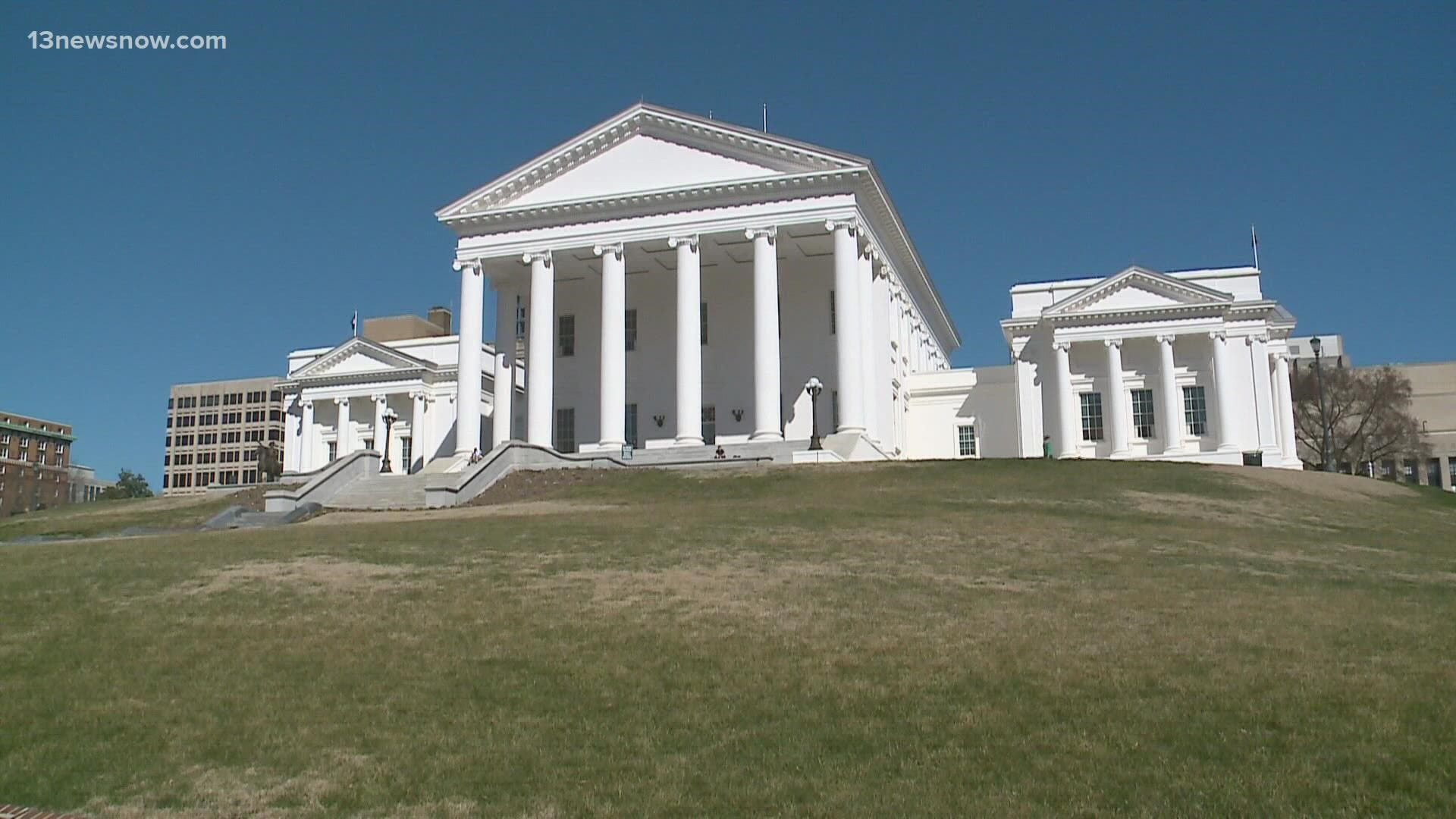WASHINGTON — The United States is said to be facing an unprecedented wave of school books being banned.
Lawmakers heard testimony this week that there have been 1,500 books banned in schools over the past nine months.
In recent months, conservative parents across the country have addressed school board meetings in numerous states to criticize books they view as sexually explicit or as addressing racism in a way that makes white children feel bad about themselves.
And so, local school boards banned them.
According to PEN America, a nonprofit organization that works to protect freedom of expression, 41% of the banned books feature prominent characters who are people of color.
Additionally, 33% of the banned books included LGBTQ themes, protagonists or strong secondary characters, and 22% "directly address issues of race and racism."
"If we cancel or censor everything that people find offensive, nothing will be left," said Jamie Raskin (D-Maryland). "Everybody is offended by something. And that's why other people's level of offense cannot be the metric for defining whether your rights or my rights are vaporized."
Witnesses told the House Oversight and Reform Subcommittee on Civil Rights and Civil Liberties that efforts by ideologically-motivated organizations and legislators to remove books from schools and public libraries erase history and further stigmatize students who may otherwise find a safe haven in books.
"Open-minded communication is not fostered when we start making individual, monolithic or one-sided decisions, especially without trained librarians' input about books, based on out-of-context readings," said Samantha Hull, a librarian from Lancaster County, Pennsylvania. "When we take this road, we are hurting growth, stifling progress, and we are acting in the most undemocratic way possible."
More than two-thirds of the banned books are fiction.
But non-fiction titles including biographies for children of Rosa Parks, Dr. Martin Luther King, Duke Ellington and Nelson Mandela are also among those removed from shelves.
Earlier this week, Gov. Glenn Youngkin (R-Virginia) signed a bill that will require Virginia schools to notify parents if their children are assigned books or other materials with sexually explicit content.
Youngkin said the bill.
It is part of an effort to fulfill a campaign pledge to empower parents’ involvement in their children’s education.

